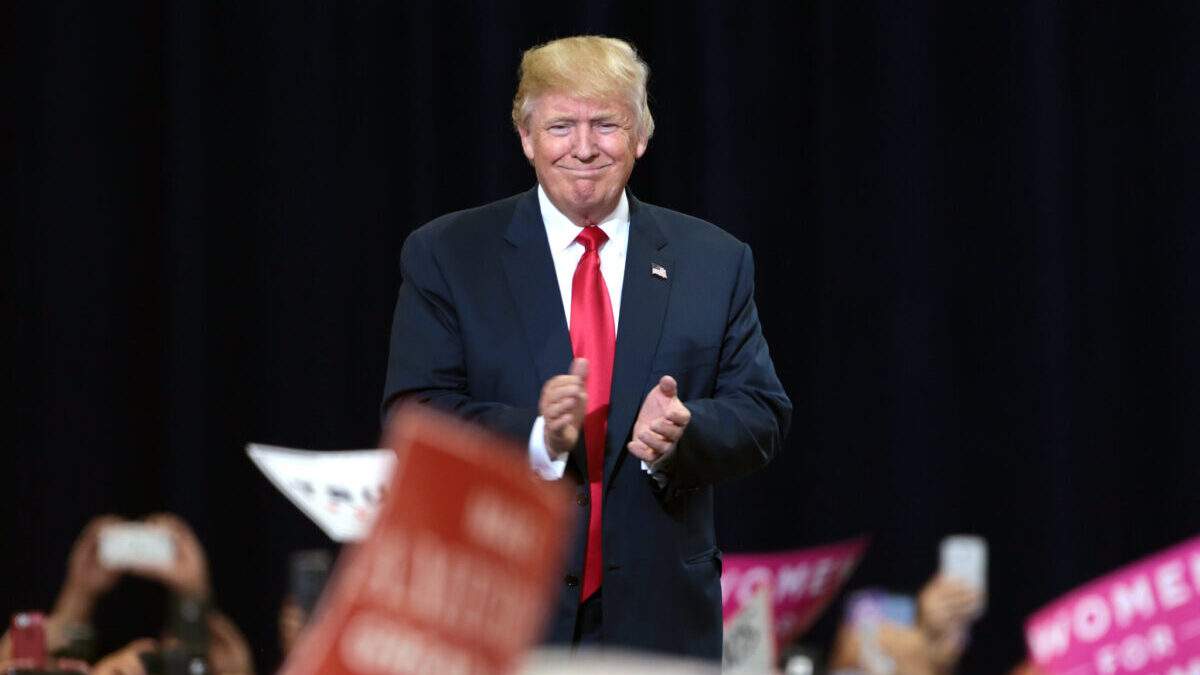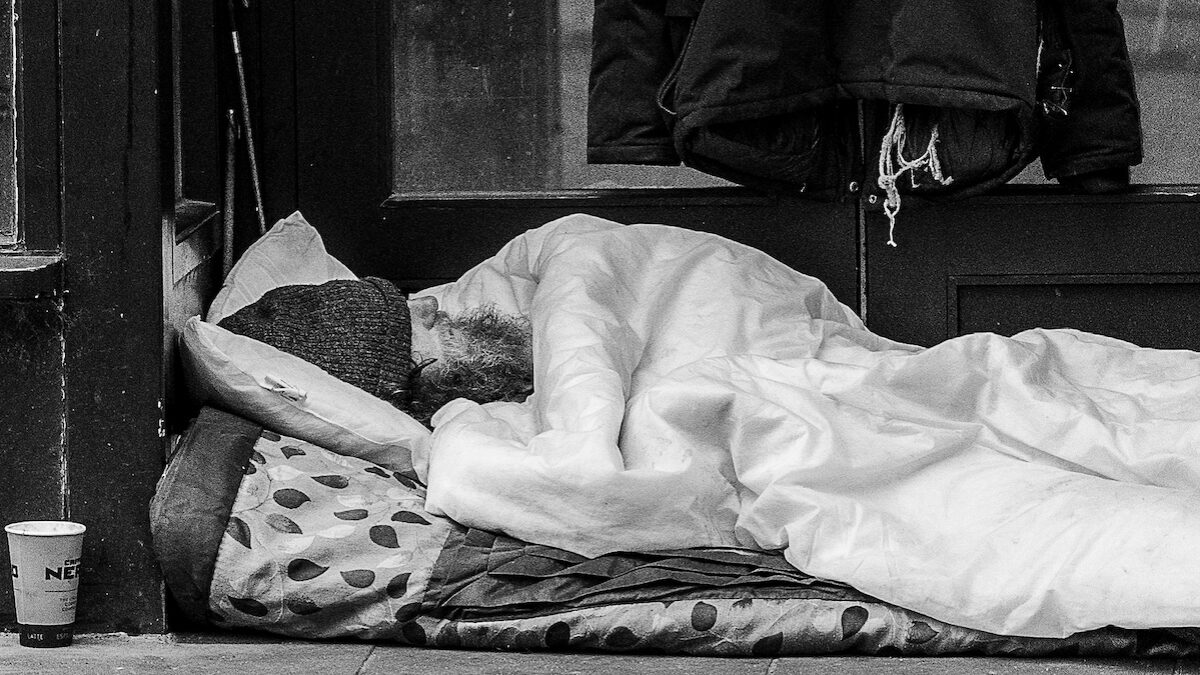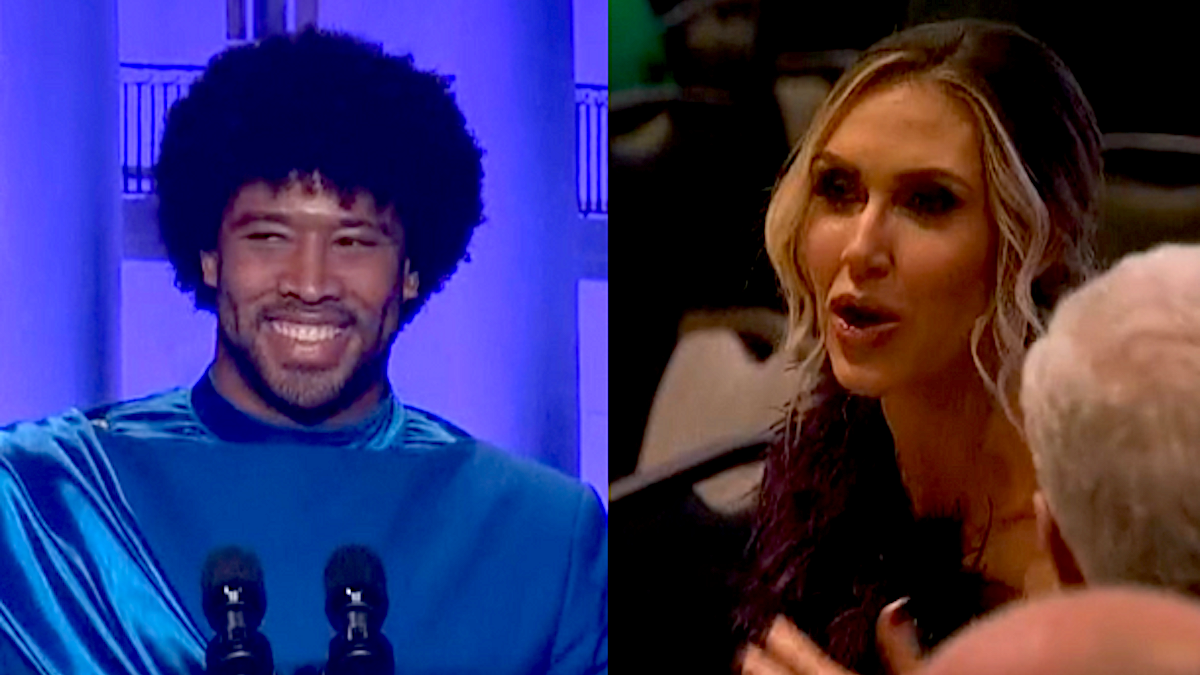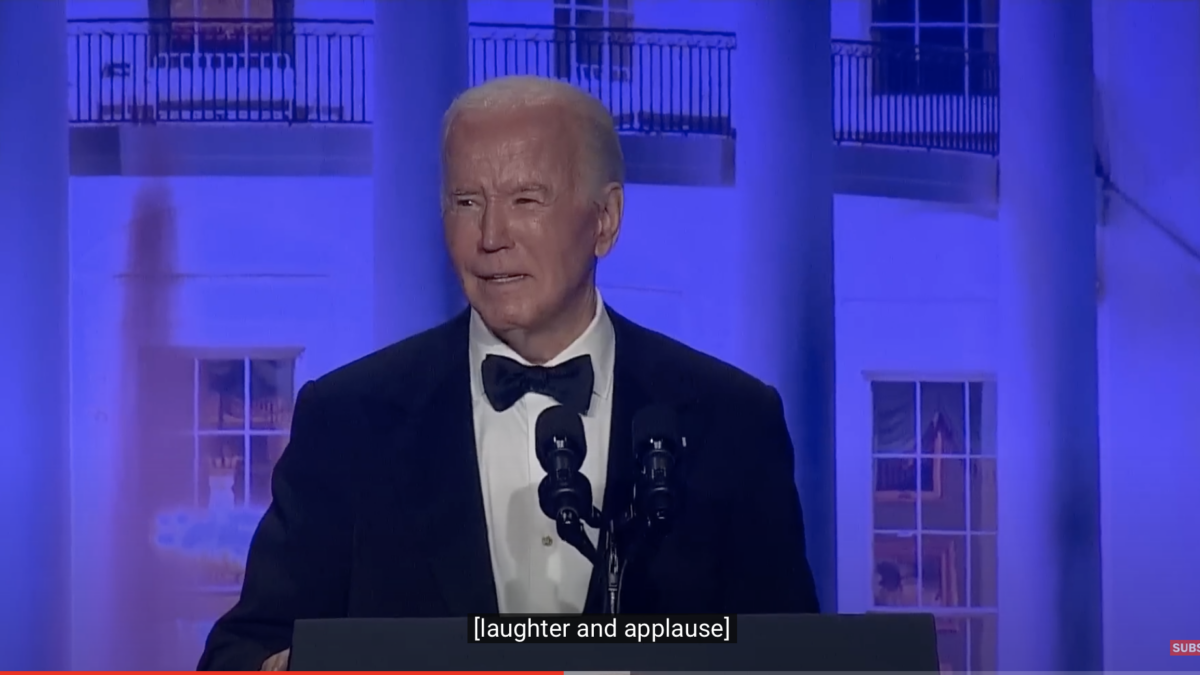More than a year out of office, former President Donald Trump is more popular than his Democrat successor and the entire congressional leadership.
According to the latest aggregate of favorability ratings by RealClearPolitics, Trump maintains a net-negative of 5.5 percentage points, far higher than Republican Senate Minority Leader Mitch McConnell, who has the lowest at a net-negative of nearly 32 points.
President Joe Biden is viewed unfavorably by an 8.5-point spread, followed by Democrat Senate Majority Leader Chuck Schumer at a nearly 14-point spread, Vice President Kamala Harris by a more than 14-point spread, House Minority Leader Kevin McCarthy by nearly 18 points, and House Speaker Nancy Pelosi by 20 points.
The low ratings for incumbent leadership reflect a growing discontent among the anxious public, which has been left to cope with inflation at a four-decade high compounded by record gas prices as a consequence of Biden’s war on fossil fuels.
While Democrats continue to campaign on climate change and racism as the most important issues heading into a historically hostile midterm cycle for the party in the White House, recent polling suggests voters’ priorities are fixated on the economy, particularly inflation.
According to a March survey from the Pew Research Center of more than 9,000 registered voters, the economy was rated the top issue among both political parties as “very important” in the upcoming contest. Issues surrounding climate change, racism, and coronavirus ranked at the bottom. Voting policies, health care, education, and energy policy rounded out the top five while the economy ranked first by far, with nearly 8 in 10 voters across parties in agreement.
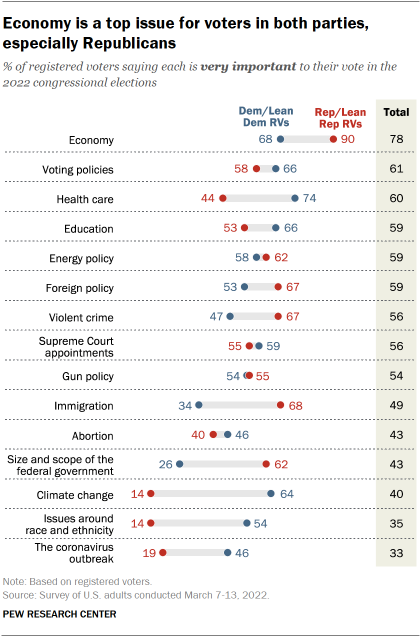
Another March survey conducted by Harvard University’s Center for American Political Studies with The Harris Poll found inflation as the top issue on the minds of nearly 2,000 registered voters. Thirty-two percent said “price increases/inflation” was the most important problem to face the country today, followed by “economy” at 27 percent, and “immigration” at 21 percent. Only about a third of those surveyed said America was on the “right track,” with nearly half reporting that their own personal finances are deteriorating.
Trump also topped the list of 18 political figures in the Harvard/Harris survey on favorability with a net-positive rating of 4 percentage points.
Aside from the obstacles presented by Democrats’ priorities, McConnell’s own unpopularity outside the Beltway can be seen in Republican Senate primaries, where challengers have pledged to oppose the Kentucky lawmaker’s re-election as conference leader. Not only do Democrats view the Republican Senate leader unfavorably, so do many in the GOP base.
McConnell has received flak for brokering with Democrats on major issues while offering legitimacy to the House’s sham Jan. 6 Committee. A changing party motivated by cultural issues over the Trump years — which McConnell has been resistant to embrace — has also called into question whether the 80-year-old incumbent leader is best suited to steer the GOP in its transition.
In Alaska, incumbent Republican Sen. Lisa Murkowski’s primary challenger, Kelly Tshibaka, who was endorsed by the state party, announced early in her candidacy that she supports a challenge to McConnell’s leadership.
“Mitch McConnell has repeatedly bailed out Joe Biden, giving him gifts of Senate votes, which are the only things keeping the Biden administration on life support,” Tshibaka said on Steve Bannon’s “War Room” podcast.
Frustrated by a “weak-kneed, debt junkie, open-border RINO Republican,” Alabama Rep. Mo Brooks, who is now seeking a seat in the upper chamber, has also vowed to oppose a McConnell re-election bid for leadership of the GOP Senate conference.
“I will not vote for Mitch McConnell for leader, and I will do everything in my power to ensure that Republicans choose a conservative to be leader,” Brooks said in a new ad last month.
